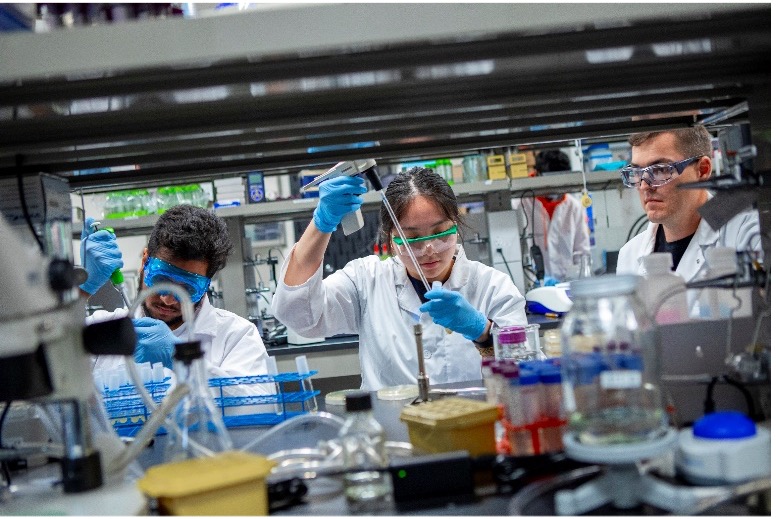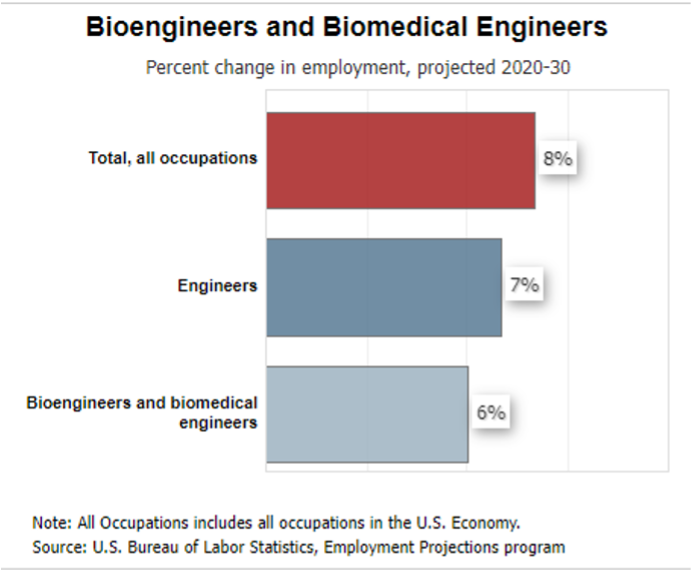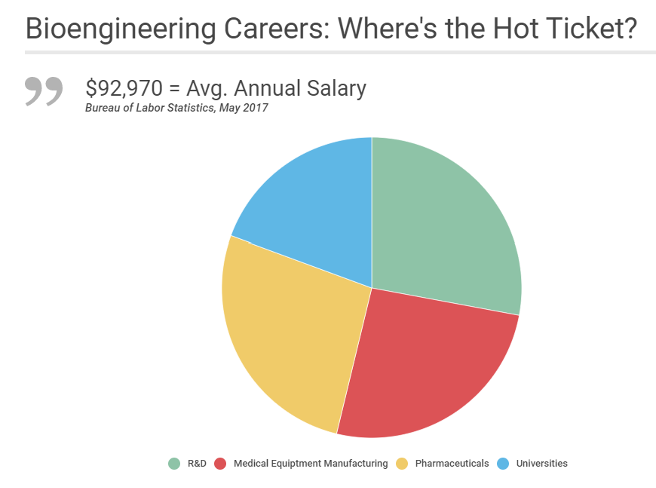Inside Engineering
This blog features news, events, student work and activities, faculty research, and more from NYIT’s College of Engineering and Computing Sciences. Contact Raed Elzenaty at rjelzena@nyit.edu for more information.
Introducing the Bachelor of Science in Bioengineering

It is with great pleasure that we announce the approval by NYSED (New York State Education Department) of our new Bachelor of Science in Bioengineering effective September 1, 2022 in the College of Engineering and Computing Sciences at New York Tech.
This is a significant and complementary addition to the portfolio of our undergraduate program offerings.
Our bachelor's program helps its students learn tools and techniques such as electrical/electronic circuits, microprocessors/embedded systems, and process control systems to become leaders, innovators, and inventors throughout their bioengineering careers. Students will learn to apply engineering techniques to the analysis of biological systems and to fully integrate biology and engineering to design algorithms, and devices to improve lives.
What are typical Bioengineering Job Titles?
Job titles include Biomedical Scientist/Researcher, Design Engineer, Research Engineer, Manufacturing Engineer, Rehabilitation Engineer, Medical Technology Developer, and more.
What are Job Prospects for Bioengineers?
According to the U.S. Bureau Of Labor Statistics, bioengineers held about 19,300 jobs in 2020. The largest employers of bioengineers and biomedical engineers were as follows:
| Medical equipment and supplies manufacturing | 16% |
| Research and development in the physical, engineering, and life sciences | 16% |
| Healthcare and social assistance | 9% |
| Navigational, measuring, electromedical, and control instruments manufacturing | 8% |
| Colleges, universities, and professional schools; state, local, and private | 7% |
What is the Job Outlook for Bioengineers?
According to BLS, employment of bioengineers and biomedical engineers is projected to grow 6 percent from 2020 to 2030, about as fast as the average for all occupations.


What are Typical Salaries for Bioengineers?
As with any career, salaries depend on several factors, including the type of bioengineer, location, employer, and years of experience.
According to BLS, the median annual wage for bioengineers and biomedical engineers was $92,620 in May 2020.
In May 2020, the median annual wages for bioengineers and biomedical engineers in the top industries in which they worked were as follows:
| Navigational, measuring, electromedical, and control instruments manufacturing | $104,050 |
| Medical equipment and supplies manufacturing | $94,960 |
| Research and development in the physical, engineering, and life sciences | $93,630 |
| Healthcare and social assistance | $79,870 |
| Colleges, universities, and professional schools; state, local, and private | $71,820 |
Most bioengineers and biomedical engineers work full time, and some work more than 40 hours per week.
Continuing with Your Graduate Degrees in Bioengineering
We have a complete portfolio of programs for you if you decide to continue your studies in bioengineering towards advance degrees.
Bioengineering, M.S.
Our master's program is suitable for students with a variety of backgrounds including engineering, life sciences, and medicine.

Source: navigate.aimbe.org/#careers
Engineering, Ph.D. (Bioengineering Track)
Immerse yourself in advances in micro- and nano-technologies, wireless communication and power transfer, sensor miniaturization, on-chip real-time signal processing, and mathematical modeling of biological systems that will allow you to develop smart, high-performance systems that are dependable, efficient, and secure.
